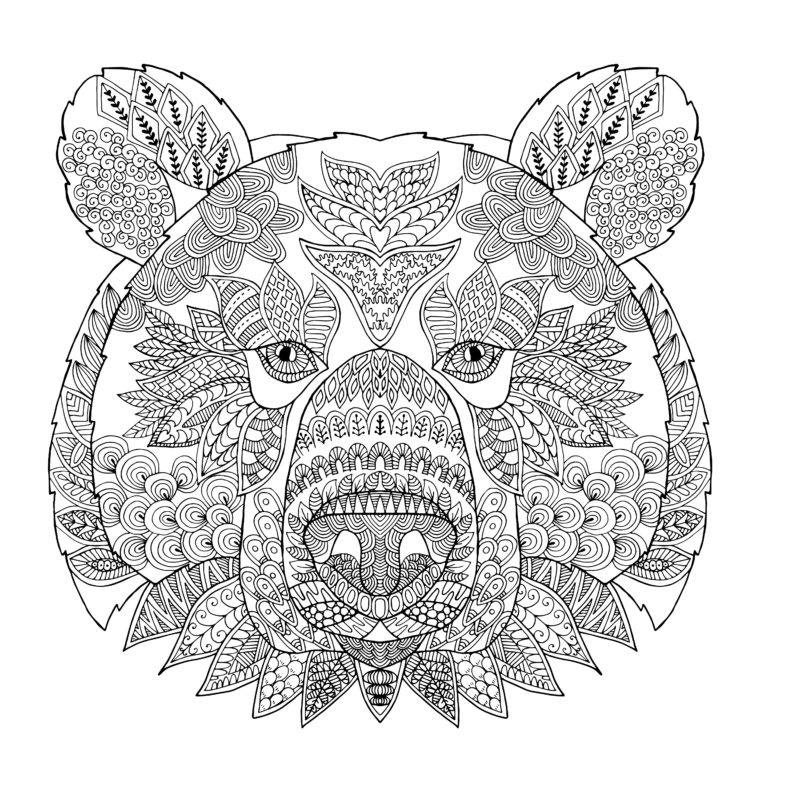 In the part of your mind that is still animal, still wild, you remember fight or flight; the possibility of paws holding you down, and the hinge of jaws upon you. The thought no longer goes through our minds the way it must have long ago. Sometimes, though, the memory returns.
In the part of your mind that is still animal, still wild, you remember fight or flight; the possibility of paws holding you down, and the hinge of jaws upon you. The thought no longer goes through our minds the way it must have long ago. Sometimes, though, the memory returns.
I was considering such a scenario years ago as I watched a black bear swimming toward a small, treeless island in the middle of the Yukon River where a friend and I had just pulled up a canoe and had unloaded gear. The bear was angling across a swift summer current. I’d guessed it about 300-pounds, and it had walked up and down the riverbank opposite us before plunging in and swimming our direction. We must have looked like a mobile feast in the full-sun of a fine subacrtic evening. We had 30 days of supplies left, mostly cheese, sausages, dried fruit, honey, jam, flour. What else could a bear want? As we watched it plot its way across a hundred yards of current, I reasoned that it might be after our camp and not us. I also reasoned that northern black bears tend to be more directly predacious on humans than their larger grizzly and brown bear counterparts, so it had meal options. None of these were logical thoughts as we both stared in a silence becoming more uncomfortable by the second.
Of course, the bear could just have been trying to cross the river and our 10-foot-wide, 50-foot-long gravel island was no more than a convenient stepping stone. That’s the thing about animals, they are more complex than we often imagine.
Nose sticking up from the current, paws paddling ahead, it was clearly making a ferry line for our naked island. It wanted to be with us.
My partner and I were both suburban raised, sidewalks and chain-link fence. We went to first grade together in South Denver. What can you possibly know of the real world, the hard, wild ground, from shopping malls, grocery stores, and townhouses? These were safety nets, delusions. You just hope it all holds together.
Being eaten is something we know about. It is in our genetic memory, an explanation for voracious modern predator hunting, the ways in which we mow down entire wolf packs from helicopters or tree mountain lions with dogs to put a bullet through their vital organs. It is as if we are trying to finally rid ourselves of these last menaces, threats to our ways of life, as if trying to shake free of the horrors before civilization when there was so much tooth and nail, peril to life and limb no matter how long the spear or strong the tribe.
But that was a long time ago.
On our island, we had four basic choices:
1. Start shouting and waving and pelting the poor bear with rocks, or cookwear if necessary. If it had been a grizzly I would never have considered this, but black bears are more easily turned and bluffed. They are also known to be more unpredictable. More than grizzlies and brown bears, black bears tend to eat the people they take down, rather than leaving them mauled and fetal but still alive.
2. Jump in our canoe and leave. Come back for the carnage later. That is if we could actually battle our way upstream to reach the remains of our camp in a river running high and wild not long after the early-summer ice-breakup.
3. Huddle at the far end of this naked island like two terrified children.
4. Do nothing at all.
All four had their merits, the last one seeming the best option for now.
As the bear came closer and we could hear the size of its lungs fighting the current, it began to appear the animal had misjudged its angle. It was losing ground. At the same moment we realized this, the bear realized it, too, picking up the pace, forcing out barrel-chested breaths with every stroke. It began getting a foothold again and I figured it would drag itself onto our island in about seven seconds. A decision would need to be made.
We were out for 50 days to run the Yukon and some of its wild, lonely tributaries between Whitehorse in Yukon Territory and the pipeline in Arctic Alaska. Neither of us were armed, against the advice of every Alaskan we met. Neither of us were prepared to starting shooting at every bear that came close, and there turned out to be many on our journey.
When it realized it had missed us, the bear stopped paddling so hard. The current was too strong. The bear had underestimated its angle in the river. It sailed past the tail of our island in muddy, swirling water as its stride in the water became more of a casual trot. By the time it reached the other side of the river, it was half a mile downstream. The bear shook off and without even a glance over the shoulder at us, it ambled into a spindly thicket of black spruce and was gone.
Image: shutterstock
Thank you for a delightful essay. It has given me images to ponder through out the day.
Awesome imagery. I could hear its breath on my neck.